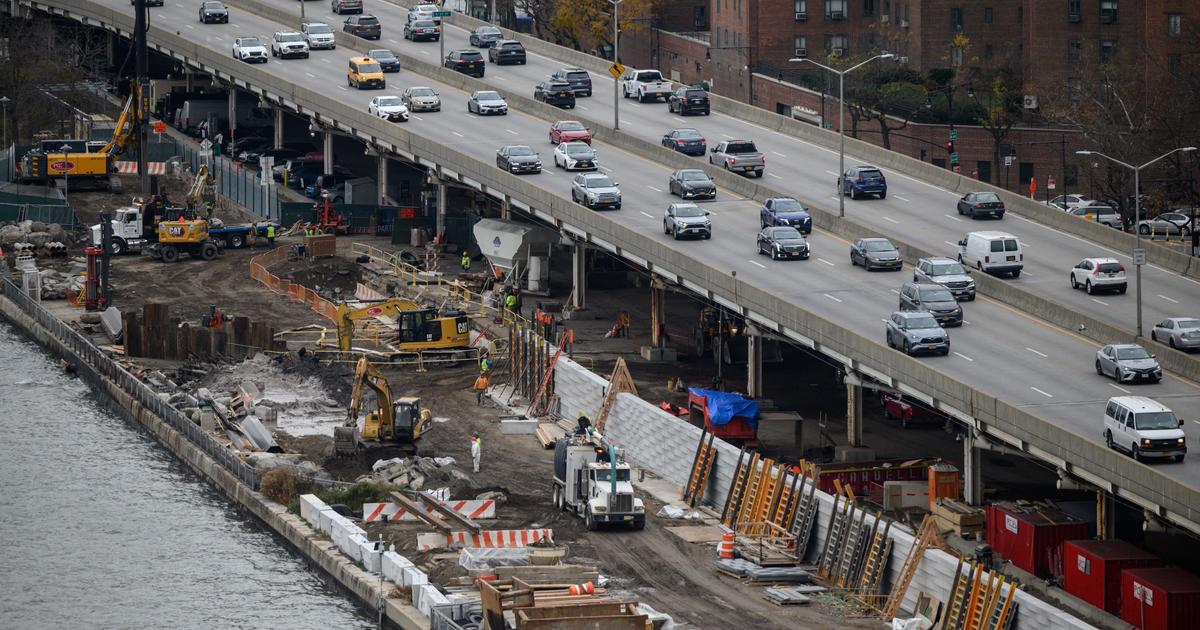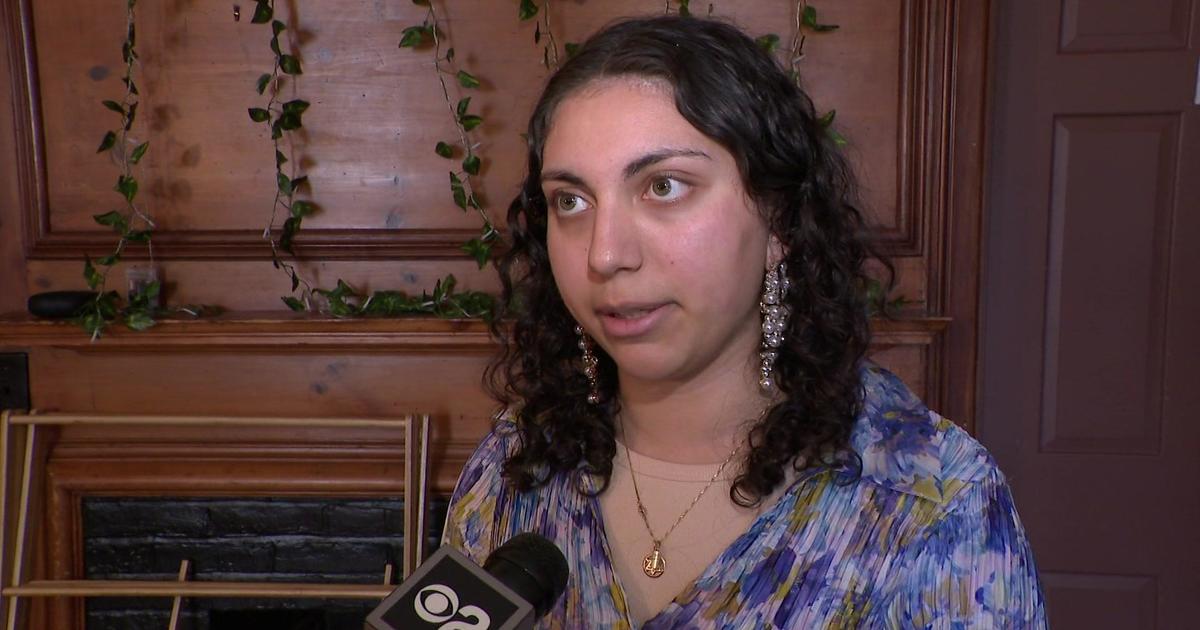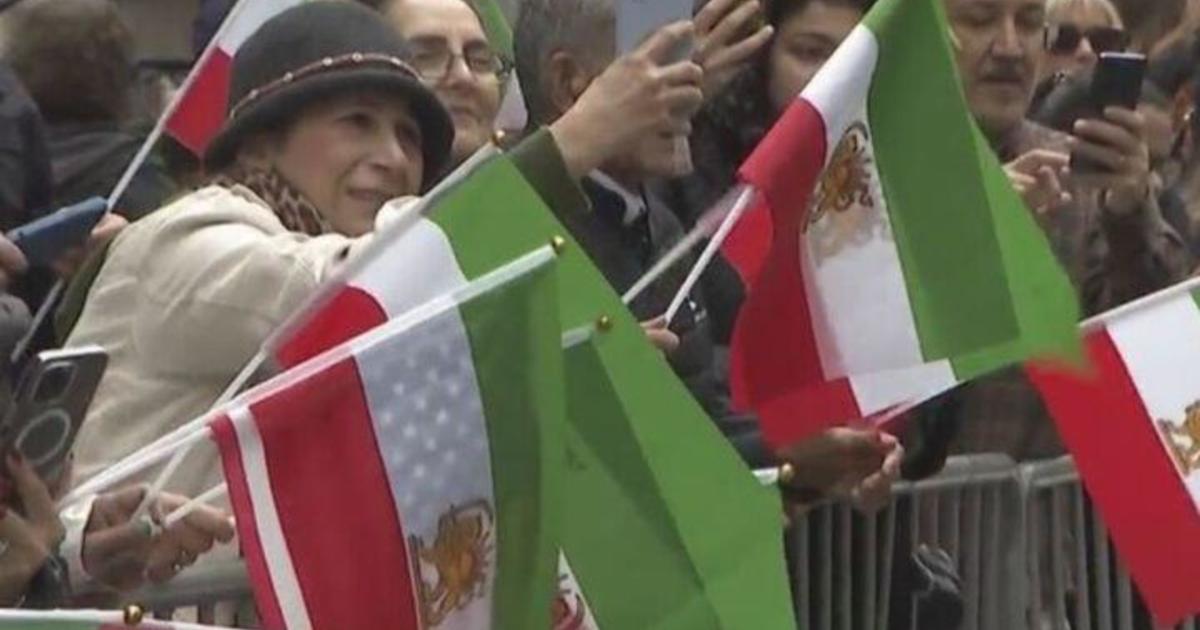Imam Unmoved By Saudi Criticism Of NYC Mosque
NEW YORK (AP) -- The imam co-leading a drive to build an Islamic community center near the World Trade Center politely brushed aside a suggestion by one of his past benefactors Thursday that the project be moved to a different spot.
"While we respect the points of view of other interested observers, we plan to build the community center in this location because we have been part of Lower Manhattan for decades and we want to better serve the needs of our neighbors of all faith traditions," Imam Feisal Abdul Rauf said in a statement e-mailed to The Associated Press.
Rauf was responding to a request for comment on remarks by Saudi Prince Alwaleed bin Talal, one of the world's richest men, who told a magazine based in the United Arab Emirates that he was against putting the center and mosque close to ground zero.
In interview excerpts published Thursday by Arabian Business, Prince Alwaleed urged the center's backers not to "agitate the wound" caused by the 9/11 attacks by building so close to ground zero.
"The wound is still there. Just because the wound is healing you can't say, 'Let's just go back to where we were pre-9/11,"' he said.
Prince Alwaleed's opinions on the project are of note partly because his huge charitable organization has contributed to Rauf's activities in the past. In recent years, Alwaleed's Kingdom Foundation has helped pay for academic conferences run by two nonprofit groups affiliated with Rauf.
He has never had any direct connection to the proposed community center, however, and the Manhattan real estate developer putting the project together, Sharif El-Gamal, has repeatedly denied speculation that he was secretly funding the effort.
El-Gamal, through a spokesman, declined to comment on the prince's suggestion that the community center should be moved.
Rauf said the center, dubbed Park51, had received "overwhelming support from our local community, as well as from civic and political leaders throughout New York City."
Indeed, those supporters include another of the world's other richest men, New York City Mayor Michael Bloomberg.
Shaik Ubaid, co-chairman of a group that has supported the center, the Muslim Peace Coalition, said Alwaleed's comments will carry little weight with Muslims thinking about contributing to the project.
"If Prince Alwaleed cares about Muslims in America, then he should take his money out of News Corp." he said. "Muslims in America can take care of their own affairs."
The prince is a major stockholder in News Corp., the owner of Fox News, which has featured commentators critical of the project.
At one time, criticism of an Islamic institution by a Saudi prince might have carried greater weight with U.S. Muslim organizations than it does now, said Ihsan Bagby, an Islamic studies professor at the University of Kentucky.
In the 1970s and 1980s, wealthy Saudi benefactors interested in seeing the fledgling U.S. Muslim community get on its feet contributed heavily to Islamic organizations in America.
That spigot largely turned off in the early 1990s, Bagby said, as the Saudis turned their attention to aiding Muslims in Africa, the Balkans and former Soviet republics.
Some wealthy Saudi businessmen also became disillusioned, Bagby said, with the reluctance by some of the U.S. groups they had funded to support the establishment of American military bases in the Gulf region and the first war with Iraq, both of which were strongly supported by Saudi Arabia.
"I wouldn't say that closed the doors to the American community, but it led to a slow closing of the doors," Bagby said. "I think the American Muslim community was ready to stand on its own anyway, and tired of sending delegations overseas."
(Copyright 2010 by The Associated Press. All Rights Reserved.)



